July 23 stands as one of history’s most eventful days, witnessing the rise and fall of empires, groundbreaking discoveries, and moments that shaped our modern world across centuries of human achievement.

Politics and Government Events on July 23
1914 – Austria-Hungary Issues Ultimatum to Serbia
Austria-Hungary delivered a series of demands to the Kingdom of Serbia following Archduke Franz Ferdinand’s assassination. The ultimatum required Serbia to allow Austrian officials to investigate the assassination on Serbian soil.
Serbia accepted all demands except one, leading Austria-Hungary to declare war on July 28. This diplomatic crisis triggered a chain reaction that plunged Europe into World War I.
1952 – Egyptian Revolution Begins
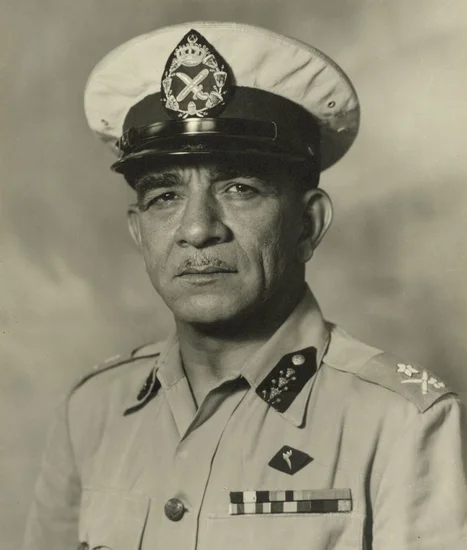
General Muhammad Naguib led the Free Officers Movement in overthrowing King Farouk of Egypt. The coup, orchestrated by Gamal Abdel Nasser, marked the end of the Egyptian monarchy.
The revolution transformed Egypt from a British-influenced kingdom into a republic. This dramatic shift reshaped Middle Eastern politics and inspired anti-colonial movements across Africa.
1961 – Sandinista National Liberation Front Founded

Revolutionary leaders established the Sandinista National Liberation Front in Nicaragua. The organization aimed to overthrow the Somoza dictatorship through armed resistance.
The movement drew inspiration from Augusto César Sandino’s earlier rebellion against American occupation. Their eventual victory in 1979 would reshape Central American politics for decades.
1974 – Greek Military Junta Collapses
The Greek military junta collapsed after seven years of authoritarian rule. Former Prime Minister Konstantinos Karamanlis returned to lead a new democratic government.
This transition began Greece’s metapolitefsi era, marking the country’s return to democracy. The peaceful transfer of power demonstrated the resilience of democratic institutions.
1988 – General Ne Win Resigns in Burma

General Ne Win resigned as Burma’s effective ruler after 26 years of military control. Pro-democracy protests throughout the country forced his unexpected departure.
His resignation created a power vacuum that would lead to further military crackdowns. The events of 1988 became a defining moment in Burma’s ongoing struggle for democracy.
1992 – Abkhazia Declares Independence from Georgia
Abkhazia declared independence from Georgia amid rising ethnic tensions. The declaration sparked armed conflict between Georgian forces and Abkhazian separatists.
International communities largely refused to recognize the breakaway region’s independence. This territorial dispute continues to complicate relations between Russia and Georgia.
1940 – United States Rejects Baltic Annexation
Under Secretary of State Sumner Welles issued a declaration rejecting Soviet annexation of the Baltic states. The United States refused to recognize the incorporation of Estonia, Latvia, and Lithuania.
This non-recognition policy became a cornerstone of American Cold War diplomacy. The declaration affirmed American commitment to the principle of national self-determination.
1970 – Qaboos Becomes Sultan of Oman
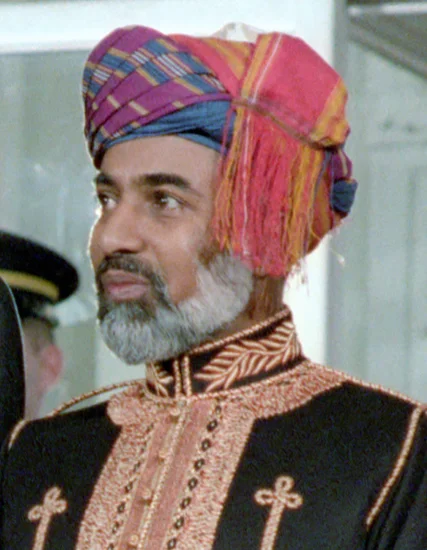
Qaboos bin Said al Said overthrew his father to become Sultan of Oman. The palace coup initiated massive modernization programs and ended a decade-long civil war.
The new sultan transformed Oman from an isolated medieval state into a modern nation. His reforms brought education, healthcare, and infrastructure development to the sultanate.
Military and Naval History on July 23
1942 – German Operations Edelweiss and Braunschweig Begin
German forces launched Operations Edelweiss and Braunschweig on the Eastern Front. These massive offensives aimed to capture the Caucasus oil fields and Stalingrad.
The operations marked the beginning of Germany’s final major offensive in the Soviet Union. Their ultimate failure would prove decisive in turning the tide of World War II.
1943 – British Destroyers Sink Italian Submarine
HMS Eclipse and HMS Laforey sank the Italian submarine Ascianghi in the Mediterranean. The action followed the submarine’s torpedo attack on the cruiser HMS Newfoundland.
The naval engagement demonstrated continued British dominance in Mediterranean waters. Allied naval superiority proved crucial for maintaining supply lines to North Africa.
1983 – Sri Lankan Army Soldiers Killed in Ambush
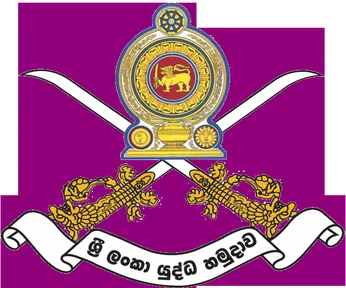
The Liberation Tigers of Tamil Eelam killed thirteen Sri Lankan Army soldiers in a deadly ambush. This attack marked a significant escalation in the ethnic conflict.
The incident heightened tensions between the Tamil minority and Sinhalese majority. The ambush contributed to the outbreak of Sri Lanka’s prolonged civil war.
1968 – El Al Aircraft Successfully Hijacked

Three Popular Front for the Liberation of Palestine members hijacked an El Al Boeing 707. The aircraft carried ten crew members and 38 passengers from Rome to Israel.
This became the only successful hijacking of an El Al aircraft in the airline’s history. The incident led to revolutionary changes in airline security protocols worldwide.
Science and Discovery Milestones on July 23
1995 – Comet Hale-Bopp Discovered

Astronomers discovered Comet Hale-Bopp, which became visible to the naked eye nearly a year later. The comet’s discovery marked one of the most significant astronomical events of the 1990s.
The comet provided unprecedented opportunities for scientific observation and public engagement. Its spectacular appearance captivated millions of observers worldwide during its closest approach to Earth.
1972 – Landsat 1 Launched
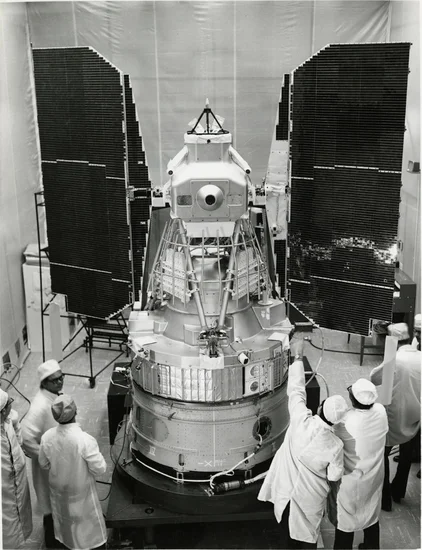
The United States launched Landsat 1, the first Earth-resources satellite. This groundbreaking mission revolutionized environmental monitoring and geological research.
The satellite provided detailed images of Earth’s surface for agricultural, forestry, and urban planning purposes. Landsat technology became essential for climate change research and disaster response.
1980 – First Vietnamese Astronaut in Space

Phạm Tuân became the first Vietnamese citizen and first Asian to travel to space. He flew aboard the Soyuz 37 mission as an Intercosmos Research Cosmonaut.
His historic flight represented Vietnam’s participation in the Soviet space program. The mission demonstrated international cooperation in space exploration during the Cold War era.
2015 – NASA Discovers Kepler-452b
NASA announced the discovery of Kepler-452b, dubbed “Earth’s cousin” by scientists. The Kepler space telescope identified this potentially habitable exoplanet.
The discovery represented a major milestone in the search for Earth-like worlds. Kepler-452b’s characteristics suggested the possibility of liquid water and potentially life-supporting conditions.
Cultural and Arts Events on July 23
1926 – Fox Film Acquires Movietone Sound System
Fox Film Corporation purchased the patents for the Movietone sound system. This acquisition revolutionized the film industry by enabling synchronized sound recording onto film.
The technology transformed cinema from silent films to “talkies” within a few years. Fox’s investment in sound technology positioned the company as a leader in the entertainment industry.
1927 – Indian Broadcasting Company Launches

The first Indian Broadcasting Company station began broadcasting in Bombay. This historic transmission marked the beginning of radio broadcasting in India.
The station brought news, music, and entertainment to Indian audiences for the first time. Radio broadcasting became a powerful medium for communication and cultural exchange across the subcontinent.
1962 – First Trans-Atlantic Live Television Broadcast

Telstar satellite relayed the first publicly transmitted live trans-Atlantic television program. Walter Cronkite anchored the historic broadcast that connected continents.
The transmission demonstrated the potential of satellite communication technology. This breakthrough moment launched the era of global television broadcasting and instant international communication.
1982 – Twilight Zone Movie Tragedy
Actor Vic Morrow and two children died in a helicopter crash while filming Twilight Zone: The Movie. The accident occurred during a dangerous nighttime scene near Santa Clarita, California.
The tragedy led to significant changes in film industry safety regulations. The incident sparked important discussions about child actor protection and on-set safety protocols.
Religious and Social Events on July 23
1967 – Detroit Riots Begin

One of the worst riots in United States history erupted on 12th Street in Detroit. The violence, centered in the predominantly African American inner city, lasted for five days.
The riots resulted in 43 deaths, 342 injuries, and approximately 1,400 burned buildings. The uprising highlighted deep-seated racial tensions and economic inequality in American cities.
1968 – Glenville Shootout in Cleveland

A violent confrontation between a Black Militant organization and Cleveland Police Department erupted. The shootout triggered a five-day riot that devastated the Glenville neighborhood.
The incident reflected growing tensions between African American communities and law enforcement. The violence demonstrated the need for police reform and community relations improvement.
1919 – University of Ljubljana Established

Prince Regent Aleksander Karađorđević signed the decree establishing the University of Ljubljana. The institution became Slovenia’s first university and a center of Slavic intellectual life.
The university’s founding strengthened Slovenian national identity and cultural development. It provided higher education opportunities for South Slavic peoples within the Yugoslav kingdom.
1936 – Unified Socialist Party of Catalonia Founded
Socialist and Communist parties merged to form the Unified Socialist Party of Catalonia. The merger strengthened left-wing resistance during the Spanish Civil War.
The party played a crucial role in defending Catalonia against fascist forces. This political unity demonstrated the urgency of anti-fascist cooperation during the conflict.
Business and Economic Events on July 23
1903 – Ford Motor Company Sells First Car
The Ford Motor Company sold its first automobile, marking the beginning of mass automotive production. This sale launched one of America’s most successful industrial enterprises.
The company’s innovative manufacturing techniques revolutionized production methods worldwide. Ford’s success transformed transportation and reshaped American society and economy.
1997 – Digital Equipment Corporation Sues Intel
Digital Equipment Corporation filed antitrust charges against chipmaker Intel Corporation. The lawsuit alleged monopolistic practices in the microprocessor market.
The case highlighted growing concerns about technology industry concentration. Legal battles over intellectual property and market dominance became increasingly common in the tech sector.
1921 – Chinese Communist Party Established
The Chinese Communist Party formed during its founding National Congress. The party’s establishment marked the beginning of organized communist movement in China.
The CCP’s formation fundamentally altered Chinese politics and society. The party would eventually lead China through revolution, civil war, and transformation into a modern socialist state.
Transportation and Infrastructure on July 23
1983 – Gimli Glider Emergency Landing

Air Canada Flight 143 ran out of fuel and executed a deadstick landing at Gimli, Manitoba. The Boeing 767’s emergency landing became one of aviation’s most remarkable survival stories.
The incident resulted from a fuel calculation error during the airline’s conversion to metric measurements. All passengers and crew survived the harrowing emergency landing on a former airfield.
1999 – ANA Flight 61 Hijacked in Tokyo

Yuji Nishizawa hijacked All Nippon Airways Flight 61 at Tokyo’s Haneda Airport. The domestic flight incident highlighted vulnerabilities in Japanese aviation security.
The hijacking prompted significant improvements in airport security measures. Japanese authorities implemented stricter screening procedures and enhanced law enforcement protocols.
2011 – Chinese High-Speed Train Collision
Two high-speed trains collided on the Yongtaiwen railway line in Wenzhou, Zhejiang province. The accident killed 40 people and raised serious questions about railway safety.
The crash exposed problems with China’s rapid rail expansion program. Government officials faced intense criticism for prioritizing speed over safety in infrastructure development.
2014 – TransAsia Airways Flight 222 Crashes

TransAsia Airways Flight 222 crashed during approach to Penghu Airport in Taiwan. The accident killed 48 of the 58 people aboard and injured five on the ground.
The crash occurred during adverse weather conditions caused by Typhoon Matmo. The incident highlighted the dangers of flying in severe weather and led to enhanced safety protocols.
Sports and Recreation on July 23
1962 – Jackie Robinson Enters Baseball Hall of Fame

Jackie Robinson became the first African American inducted into the National Baseball Hall of Fame. His induction recognized his groundbreaking career and impact on civil rights.
Robinson’s historic achievement transcended sports to become a symbol of racial progress. His courage in breaking baseball’s color barrier inspired generations of athletes and activists.
1999 – Eileen Collins Commands Space Shuttle Columbia
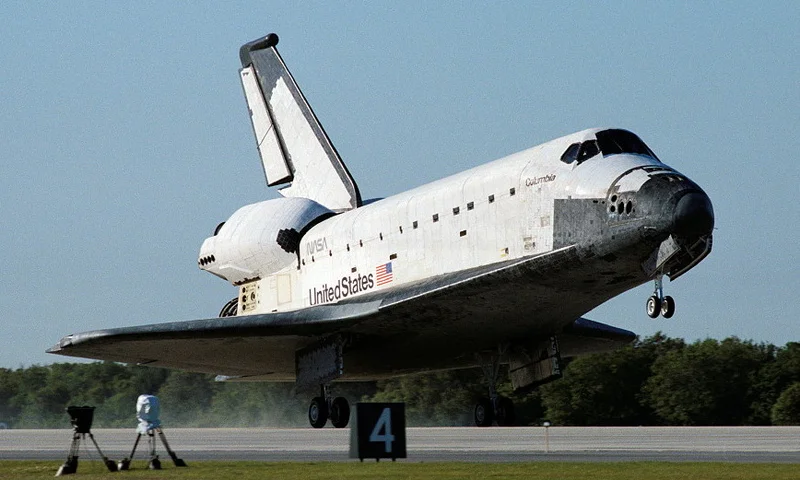
Space Shuttle Columbia launched on mission STS-93 with Eileen Collins as the first female commander. The mission deployed the Chandra X-ray Observatory into orbit.
Collins’ historic command broke another barrier in space exploration. Her leadership demonstrated women’s capabilities in the most demanding aerospace operations.
2005 – Sharm El Sheikh Bombings
Three bombs exploded in the Naama Bay area of Sharm El Sheikh, Egypt, killing 88 people. The terrorist attacks targeted tourist areas popular with international visitors.
The bombings devastated Egypt’s tourism industry and international reputation. The attacks demonstrated the vulnerability of resort destinations to terrorist threats.
Notable Births on July 23
1906 – Vladimir Prelog Born
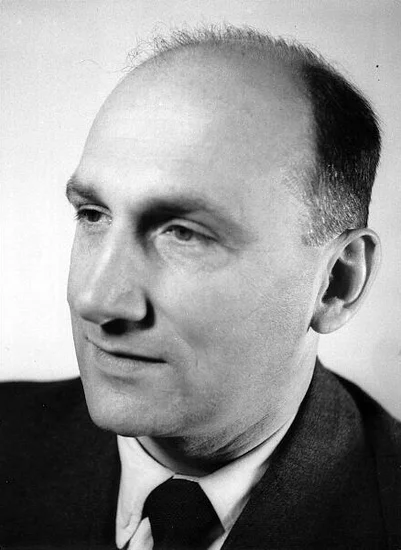
Croatian-Swiss chemist Vladimir Prelog entered the world, destined to become a Nobel Prize laureate. His early education in Croatia shaped his scientific curiosity and analytical thinking.
Prelog’s groundbreaking work in stereochemistry earned him the Nobel Prize in Chemistry in 1975. His research on molecular structure revolutionized understanding of chemical compounds and their properties.
1928 – Vera Rubin Born
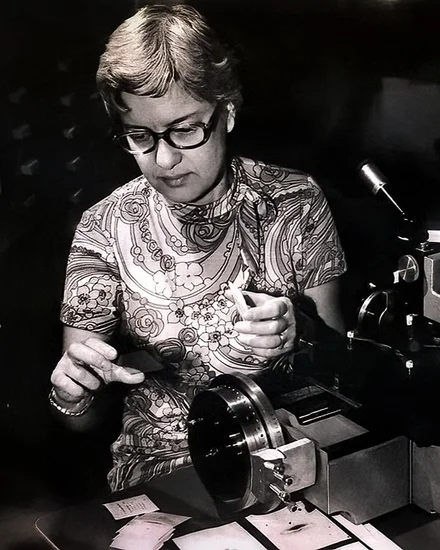
American astronomer Vera Rubin was born, later becoming a pioneer in dark matter research. Her childhood fascination with stars guided her toward a career in astronomy.
Rubin’s observations of galaxy rotation rates provided crucial evidence for dark matter’s existence. Her work fundamentally changed scientists’ understanding of the universe’s composition and structure.
1961 – Woody Harrelson Born

American actor and activist Woody Harrelson entered the world in Midland, Texas. His early experiences in a small Texas town influenced his later environmental activism.
Harrelson’s versatile acting career spanned comedy and drama across film and television. His performances in “Cheers” and numerous films established him as a respected Hollywood talent.
1973 – Monica Lewinsky Born

Monica Lewinsky was born in San Francisco, California, later becoming a prominent anti-bullying activist. Her early life showed little indication of the national attention she would receive.
Lewinsky’s involvement in a political scandal during the 1990s thrust her into the public spotlight. She later became an advocate against cyberbullying and public shaming.
1977 – Judit Polgár Born

Hungarian chess prodigy Judit Polgár was born into a family dedicated to chess excellence. Her parents’ educational experiment produced one of history’s greatest female chess players.
Polgár became the youngest player to defeat a former world champion at age 14. Her achievements proved that chess excellence transcends gender boundaries and inspired countless young players.
1989 – Daniel Radcliffe Born

English actor Daniel Radcliffe was born in London, destined to become a global film star. His early childhood showed natural acting ability and charismatic screen presence.
Radcliffe’s portrayal of Harry Potter in eight films made him one of the world’s most recognizable actors. His post-Potter career demonstrated remarkable versatility across theater, film, and television.
Notable Deaths on July 23
1951 – Philippe Pétain Dies
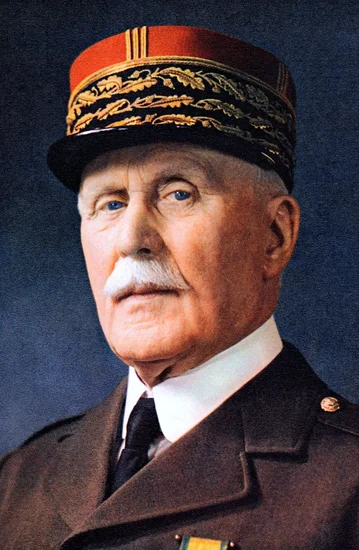
French general and politician Philippe Pétain died while serving a life sentence for treason. The former World War I hero’s collaboration with Nazi Germany destroyed his reputation.
Pétain’s death marked the end of one of France’s most controversial figures. His legacy remained forever tainted by his leadership of the Vichy government during World War II.
1955 – Cordell Hull Dies
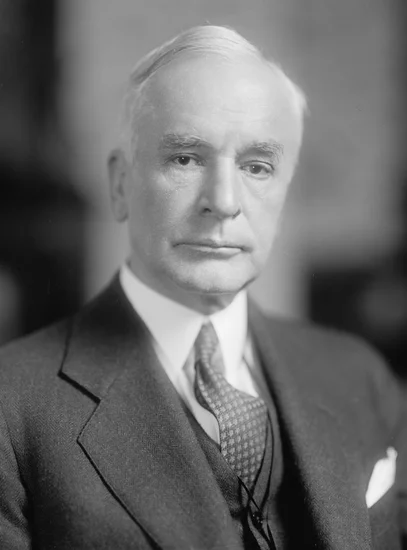
American statesman Cordell Hull died at age 83 after a distinguished career in public service. The former Secretary of State received the Nobel Peace Prize for his international diplomacy.
Hull’s work in establishing the United Nations earned him recognition as a peace advocate. His diplomatic efforts helped lay the foundation for post-war international cooperation.
1966 – Montgomery Clift Dies

American actor Montgomery Clift died at age 45, ending a troubled but brilliant career. His method acting style influenced generations of performers who followed.
Clift’s performances in films like “A Place in the Sun” defined a new era of naturalistic acting. His personal struggles and tragic death made him a symbol of Hollywood’s destructive pressures.
1973 – Eddie Rickenbacker Dies
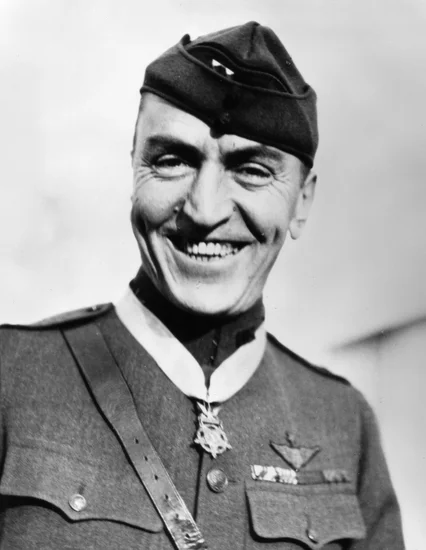
American World War I flying ace Eddie Rickenbacker died after a remarkable career in aviation and business. His wartime heroics made him one of America’s most celebrated pilots.
Rickenbacker’s post-war career included founding Rickenbacker Motors and leading Eastern Air Lines. His entrepreneurial success demonstrated the transition from military service to civilian achievement.
2011 – Amy Winehouse Dies

British singer-songwriter Amy Winehouse died at age 27, joining the infamous “27 Club” of musicians. Her distinctive voice and troubled personal life captivated audiences worldwide.
Winehouse’s album “Back to Black” became one of the best-selling albums of the 21st century. Her death highlighted the pressures facing young artists and the dangers of substance abuse.
2012 – Sally Ride Dies

American physicist and astronaut Sally Ride died at age 61 after battling pancreatic cancer. Her historic space flights inspired countless young women to pursue careers in science.
Ride’s legacy extended beyond her astronaut career to include educational advocacy and STEM promotion. Her work encouraged girls to pursue mathematics and science education throughout their lives.
Holidays and Observances on July 23
Children’s Day in Indonesia
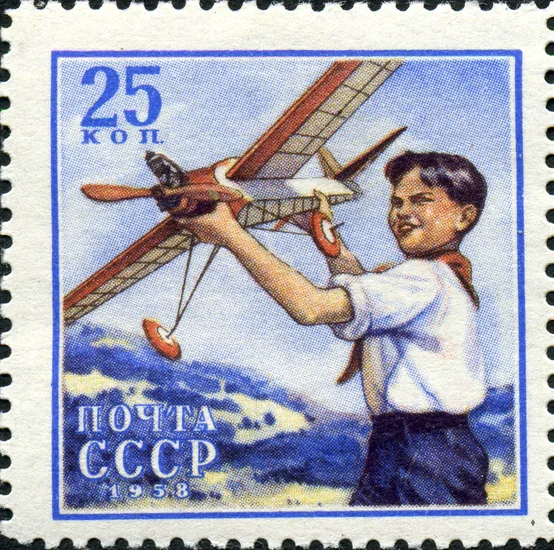
Indonesia celebrates Children’s Day on July 23rd each year, honoring the nation’s youngest citizens. The observance emphasizes children’s rights and welfare throughout the archipelago.
Schools and communities organize special activities to celebrate childhood and promote children’s education. The day serves as a reminder of society’s responsibility to protect and nurture future generations.
Renaissance Day in Oman
Oman observes Renaissance Day to commemorate Sultan Qaboos’s ascension to power in 1970. The holiday celebrates the dramatic modernization and development of the sultanate.
Citizens participate in parades and cultural events showcasing Oman’s transformation from isolation to prosperity. The celebration reflects national pride in the country’s remarkable progress under enlightened leadership.
Revolution Day in Egypt
Egypt commemorates Revolution Day on July 23rd, marking the 1952 Free Officers’ coup that overthrew the monarchy. The observance celebrates the end of foreign influence and the establishment of the republic.
Government ceremonies and public events honor the revolutionary leaders who transformed Egypt’s political system. The day represents Egyptian national pride and the struggle for independence and modernization.
